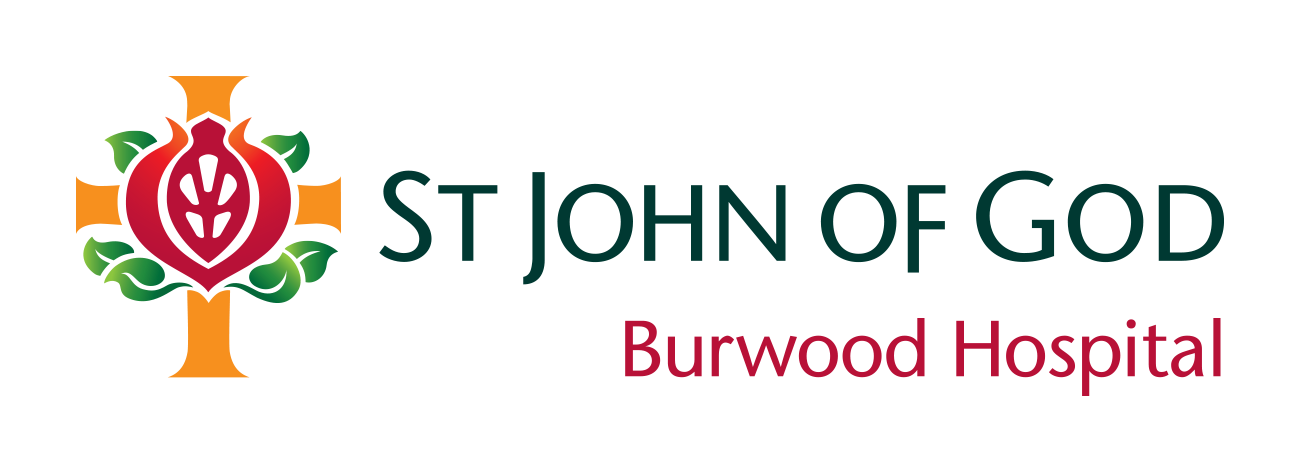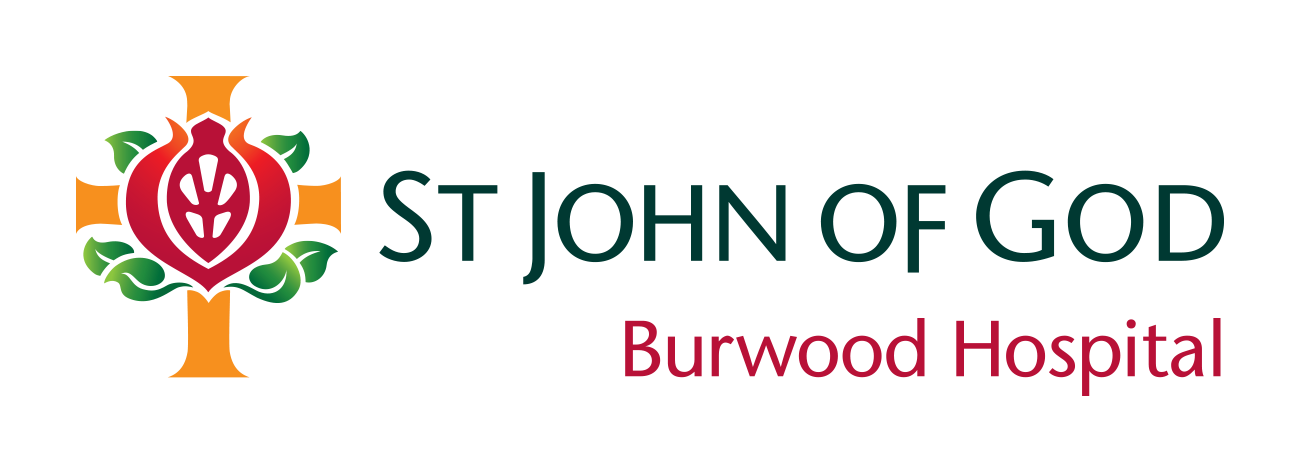The liquorice allsorts life of a community support worker
When you see the words ‘community support worker’, what do you think of? Chances are, unless you’re a community support worker like June Robinson at St John of God Casa Venegas in Sydney – providing transitional accommodation and support for people struggling with homelessness and mental health challenges – you’ll need to think again.
4 Aug 2023

“It sounds like a cliché, but there really isn’t a typical day, let alone a typical week,” says June. “Every day is like a box of liquorice allsorts because we provide such a wide range of support for people with such different backgrounds, life goals and mental health challenges.
“We have a very collaborative team culture, so I’ve always got a wealth of expertise and support to draw on. But you’re often working autonomously, and while you might have a plan for the day or a Plan A for a client, you have to be ready to change what you’re doing and go to Plan B. Or Plan C!” June chuckles.
At any one time, June is supporting five or six people who have been referred to Casa Venegas because they are homeless – or at risk of homelessness – with an experience of mental illness.
“Often, the people I support have a history of trauma. And they all have a mental health diagnosis. It could be schizophrenia or depression or something else,” June says. “But the point is, they find themselves at risk through no fault of their own and they need more than just a place to stay. They need tailored help, advice and wraparound support that works for them and their goals.”
This holistic, strengths-based wraparound philosophy is at the heart of Casa Venegas. More than just transitional accommodation, Casa Venegas provides a safe home and the time, space and support people with mental health challenges need to rebuild their lives.
June explains, “Sometimes I’m in the office. I advocate for my clients and help them apply and move into permanent affordable accommodation, usually through an application to the Department of Housing or other government or community-funded co-operatives. But it’s also about putting together a complete package that gives them what they need to recover: financial entitlements, mental health services, medical care, support in finding employment or getting back into education.
“Other times, I’m out and about checking in on my clients – either out in the community or at their accommodation – seeing if they need some support or advice, if they need my support getting to an appointment, anything really. It’s about being there and being ready to help with whatever challenges they encounter.”
After 12 years in community support and three years working with Casa Venegas in their recovery-orientated accommodation support program for people with an experience of mental health, June has a wealth of experience and both gut-wrenching and heart-warming stories.
“It can be tough. It takes time to get to know each client – to understand their background, challenges and goals and build trust and a relationship. It takes time to surround them with the right support and connect them to the right services. We often take two steps forward and one step back.
“You also spend a lot of time listening to difficult stories, so paying attention to professional boundaries and self-care is important,” June says.
“But on the other hand, when you’ve been supporting a client so closely for three, six, 12 or 24 months and you see them gradually build their confidence and capabilities, it’s gratifying and rewarding.
“Walking alongside them on their journey, knowing where they started and seeing them come out the other end – moving into their own permanent home, reconnecting with family, friends or the community more broadly, finding their purpose and living their life – it’s the best feeling.
“If you’re looking for a challenging and rewarding career, I’d say give community support work a go. There are so many opportunities to make a difference – and see that you’re making a difference – as a community support worker.”
You may be interested in

